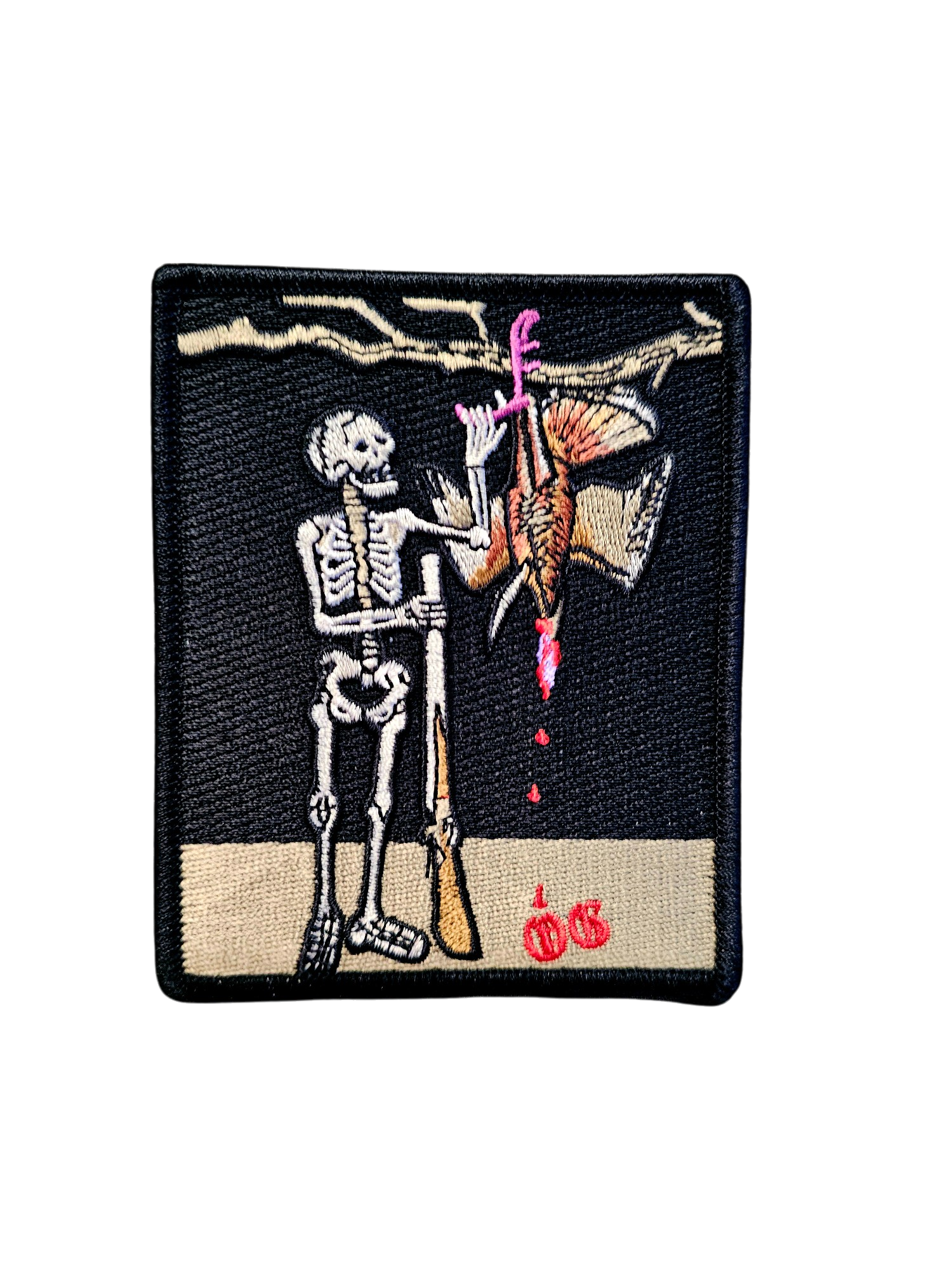        |
what are your "keys" to turkey hunting???Started by adkmountainken, May 09, 2017, 07:45:36 AM Previous topic - Next topic
User actions
|
        |
what are your "keys" to turkey hunting???Started by adkmountainken, May 09, 2017, 07:45:36 AM Previous topic - Next topic
User actions
|